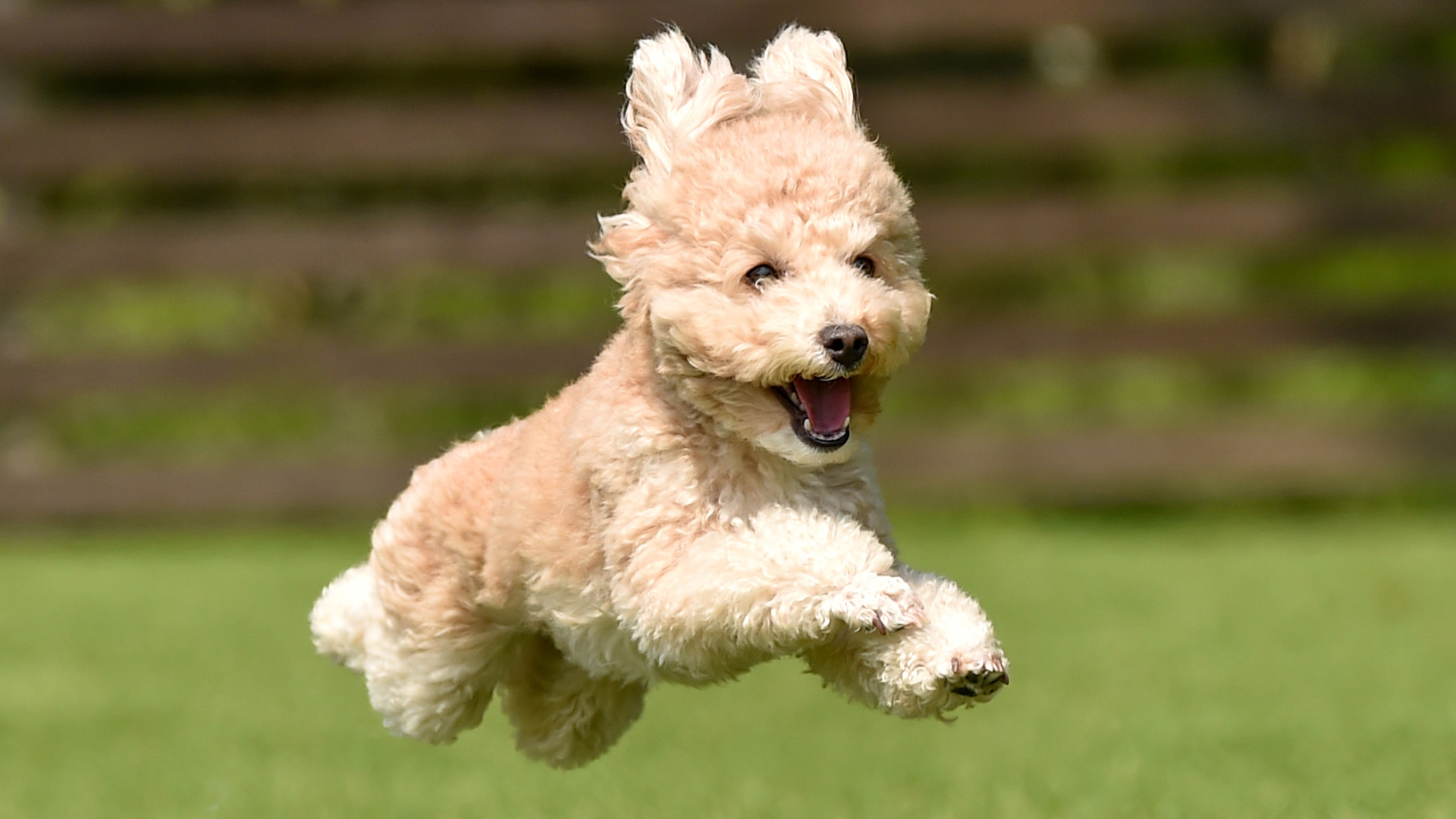If you’ve got a high-energy dog at home, you already know they’re a force of nature. Whether it’s zoomies at sunrise, nonstop barking, or chewing anything in sight, their energy can feel like too much without a consistent routine. The good news? A well-structured daily routine is your secret weapon. It channels your dog’s energy into healthy habits, reduces anxiety, and improves behavior. Here’s a practical guide to building a daily routine your high-energy dog will love—and you’ll appreciate too.

1. Morning: Start the Day with Purpose
7:00 AM – Potty + Quick Wake-Up Walk
Let your dog out first thing in the morning. A 10–15 minute walk or potty break gets the body moving and sets a calm tone.
7:30 AM – Breakfast + Training
After the walk:
-
Serve breakfast using a puzzle feeder or snuffle mat.
-
Spend 5–10 minutes on basic obedience training (sit, stay, recall).
Why it matters: Morning mental stimulation can tire a dog more than physical activity alone.
2. Mid-Morning: Burn Off the Steam
9:00–10:00 AM – High-Energy Exercise Session
Schedule a 30–60 minute session of structured activity:
-
Brisk walk, run, or bike ride
-
Fetch or frisbee in the park
-
Dog park (if socialized and trained)
Tip: Rotate activities to keep your dog engaged and challenged.
3. Late Morning to Early Afternoon: Rest + Mental Games
11:00 AM – Cool Down & Rest Time
After physical activity, allow your dog to rest. Crate time, a cozy bed, or a designated calm space works well.
12:00 PM – Mental Stimulation
While you’re working or busy:
-
Offer a frozen KONG with peanut butter or wet food
-
Give a treat-dispensing toy
-
Practice a “settle” command
Dogs need downtime too! Structured rest helps prevent overstimulation.
4. Afternoon: Light Activity + Snack
2:00–3:00 PM – Short Walk or Backyard Play
Another chance to stretch those legs—especially for dogs who get the midday zoomies.
Optional: Provide a healthy snack like dental chews or frozen treats.

5. Evening: Training, Bonding & Wind-Down
5:30 PM – Evening Walk
This should be a structured walk with training opportunities:
-
Practice loose-leash walking
-
Reinforce “heel” or “leave it”
-
Allow calm sniffing for mental enrichment
6:30 PM – Dinner
Serve dinner in a slow feeder or food puzzle to keep the mind engaged.
7:00 PM – Short Training or Trick Time
Use this time for trick training, agility, or hide-and-seek games inside the house.
Why it matters: Evening enrichment helps reduce nighttime restlessness or barking.
6. Night: Calming Down for Bed
8:30 PM – Potty Break + Calm Time
Let your dog out for a final bathroom break.
Afterward:
-
Dim the lights
-
Play calming music
-
Give a chew or cuddle on the couch
Dogs love routines and will learn to anticipate bedtime cues.
Sample Daily Routine Summary:
| Time | Activity |
|---|---|
| 7:00 AM | Potty break + short walk |
| 7:30 AM | Breakfast + obedience training |
| 9:00 AM | High-energy exercise |
| 11:00 AM | Rest / crate time |
| 12:00 PM | Mental stimulation toy |
| 2:00 PM | Light play or short walk |
| 5:30 PM | Evening structured walk |
| 6:30 PM | Dinner |
| 7:00 PM | Trick training or puzzle game |
| 8:30 PM | Potty + calm time |
Ready to unleash your dog’s potential? Visit Off Leash K9 Training of Hampton Roads to explore our expert training programs that promise exceptional obedience and a strong bond with your canine companion. Whether you’re in the Hampton Roads area or NE North Carolina, our proven system will help your dog excel off-leash. Contact us today at (757) 296-8366 to start your journey towards a more obedient and joyful relationship with your dog

